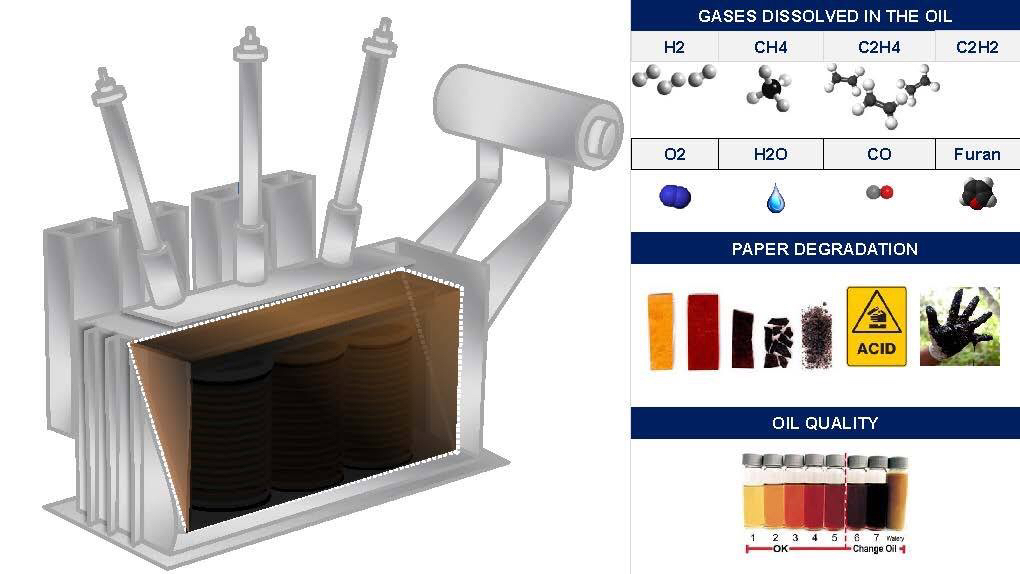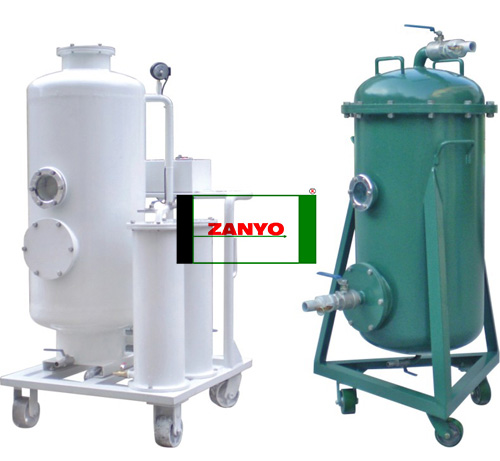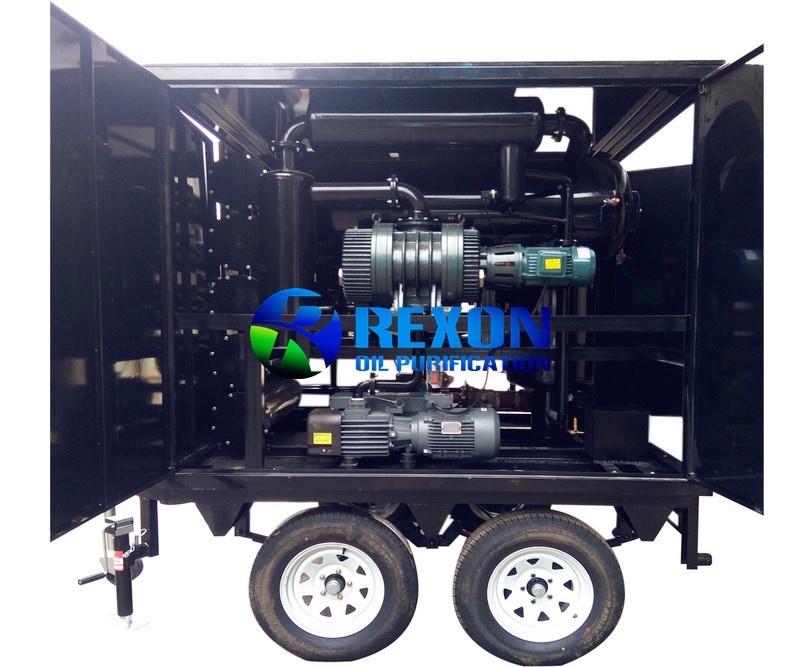Why Regenerated Transformer Oil Is Crucial for Reliable Power Solutions
The critical role of regenerated transformer oil in guaranteeing the reliability of power systems can not be overstated. By restoring the oil's fundamental chemical and physical buildings, the regrowth process considerably enhances its dielectric strength and thermal performance. This not just cuts the probability of insulation failings however likewise contributes to the long life and performance of transformers. As we check out the multifaceted benefits of this method, the implications for both functional costs and environmental sustainability become increasingly obvious, elevating important inquiries about exactly how these elements interaction in contemporary electric infrastructure.
Value of Transformer Oil
Transformer oil plays a vital duty in the reliable operation of electric transformers. By offering thermal conductivity, transformer oil dissipates warm created throughout electric procedure, which is important for preserving ideal operating temperatures and extending the life expectancy of the tools.
In addition, transformer oil acts as a barrier against wetness and air, which can result in oxidation and degradation of transformer materials. The presence of contaminants in the oil can considerably hinder its protecting properties, resulting in functional inadequacies and potential tools failing. Routine tracking and upkeep of transformer oil are as a result important to making certain the proceeded performance of transformers.
The high quality and structure of transformer oil are critical, as they directly influence the integrity and performance of the electrical systems in which they run. Recognizing the importance of transformer oil is important for industries and utilities reliant on robust power facilities, stressing the demand for effective management and regeneration procedures to keep oil integrity gradually.
Benefits of Regeneration Refine

Furthermore, the regrowth procedure mitigates the destruction of oil, which can bring about raised oxidation and acid formation. This not just enhances the reliability of the oil yet additionally decreases the threat of transformer failures due to insulation break down. The boosted high quality of regrowed oil allows transformers to run at optimum degrees, inevitably leading to improved energy performance and reduced functional costs.
Furthermore, the regrowth process adds to preserving the total health of the power system. Transformers can run much longer without the need for oil substitute, thus minimizing downtime and maintenance initiatives. In recap, the regrowth procedure offers considerable benefits by boosting the long life and efficiency of transformer oil, making sure that power systems operate reliably and efficiently over time.
Ecological Influence and Sustainability
The regeneration procedure of transformer oil substantially eases ecological problems related to oil disposal and waste monitoring. Conventional disposal techniques for used transformer oil posture substantial risks, consisting of soil contamination and water air pollution. By regenerating oil, these risks are significantly reduced, as the process recycles existing sources as click this opposed to contributing to waste buildup.
In addition, regenerated transformer oil can be recycled in different applications, which promotes a circular economic climate. This not only decreases the demand for virgin oil removal-- a procedure that can be environmentally destructive-- however also preserves all-natural sources. The regrowth process itself employs innovative filtration and purification methods that remove harmful pollutants, guaranteeing that the last item surpasses or meets market criteria for efficiency and security.

Enhancing Transformer Performance
Significant improvements in transformer performance can be accomplished via using regenerated transformer oil. This oil, produced with sophisticated filtration processes, substantially improves the electric insulation residential or commercial properties of transformers. By eliminating pollutants and impurities that usually endanger efficiency, restored oil ensures premium dielectric strength, these details lowering the threat of electrical failings.
Furthermore, regenerated transformer oil shows enhanced thermal conductivity, which assists in reliable heat dissipation. This characteristic is crucial for maintaining optimal operating temperature levels, thereby prolonging the life expectancy of transformers and lessening the chance of getting too hot - Reclaimed Transformer Oil. Improved thermal administration also adds to the general reliability of power systems
In addition, the chemical security of regenerated oil avoids the development of corrosive acids and sludge, which can detrimentally affect transformer elements. By preserving a cleaner inner environment, this oil reduces upkeep demands and prolongs solution periods.
Cost-Effectiveness and Effectiveness
In terms of cost-effectiveness and efficiency, regenerated transformer oil presents a compelling option to conventional oils. The regeneration process not only gets rid of pollutants but also recovers the oil's initial properties, expanding its useful lifespan. This durability converts right into reduced regularity of oil substitute, thereby decreasing functional expenses gradually.
Moreover, making use of regenerated oil can considerably decrease power losses connected with ineffective protecting liquids. Its premium dielectric residential or commercial properties ensure optimum performance, enhancing the dependability of power systems. As a result, companies take advantage of lower upkeep costs and decreased downtime, fostering a more effective operational setting.

Conclusion
Finally, the regrowth of transformer oil plays an important duty in ensuring the dependability and performance of power systems. By recovering the important chemical and physical see it here homes of the oil, this process enhances dielectric strength and thermal conductivity, ultimately decreasing the threat of insulation break down. The ecological advantages associated with recycling sources add to sustainability initiatives, while cost-effectiveness and enhanced performance highlight the requirement of using regenerated transformer oil in contemporary electric framework.
Transformer oil plays a crucial role in the effective procedure of electrical transformers. Normal monitoring and maintenance of transformer oil are therefore crucial to making sure the continued efficiency of transformers.
The regeneration procedure of transformer oil dramatically relieves ecological worries connected with oil disposal and waste management. By prolonging the lifecycle of transformer oil, the power and resources usually consumed in creating new oil are significantly lowered.Considerable improvements in transformer efficiency can be attained with the use of regenerated transformer oil.